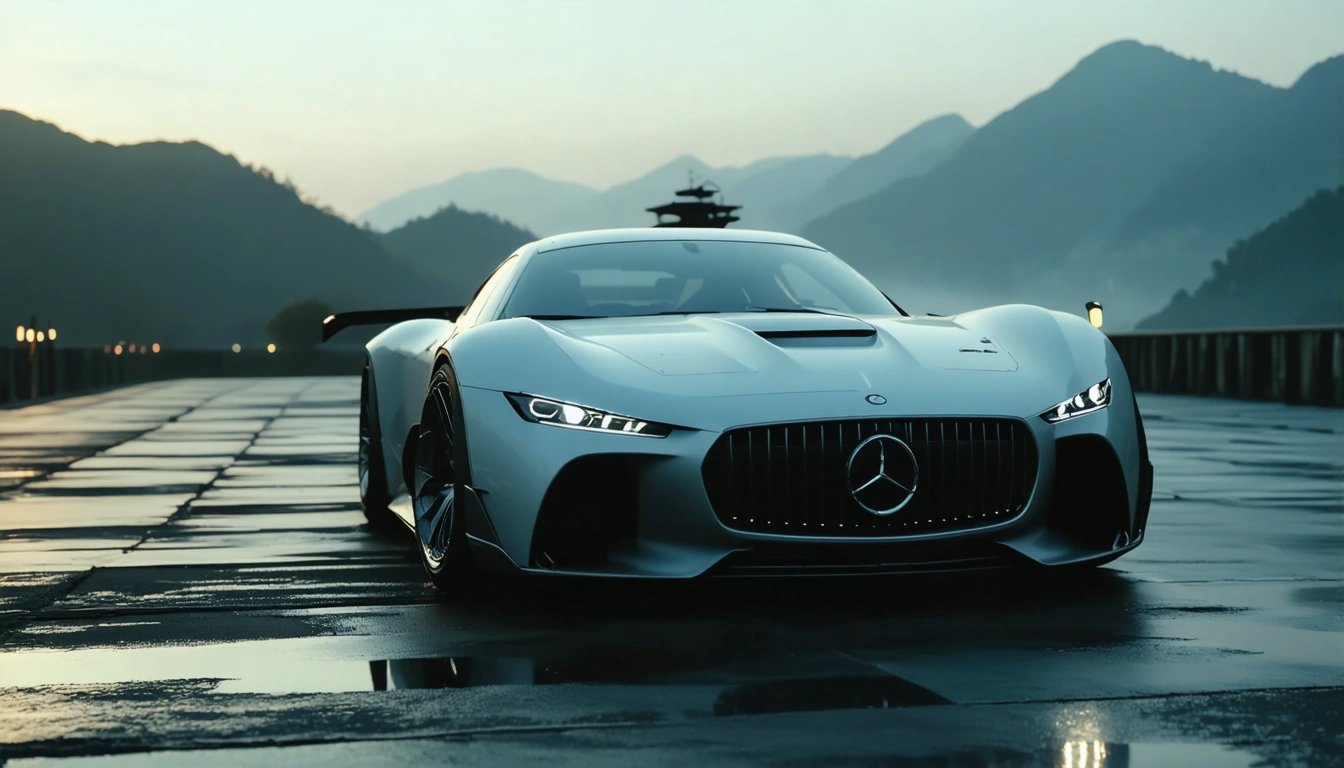
Introduction
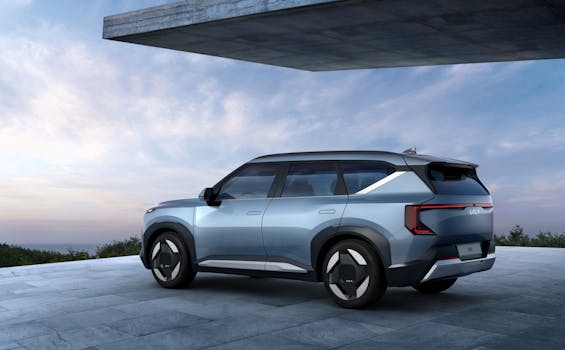
Luxury car brands are increasingly focusing on sustainability without compromising their prestigious reputation. This article explores how these brands are redefining what it means to be both luxurious and environmentally conscious.
The Intersection of Luxury and Sustainability
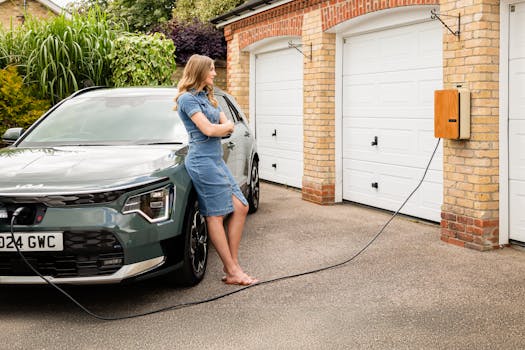
Traditionally, luxury automobiles have been associated with opulence and performance. However, as the world becomes more environmentally aware, luxury brands are integrating sustainable practices into their production processes.
Innovative Materials
Many luxury automakers are now using eco-friendly materials in their vehicles. This includes recycled metals, sustainable wood, and vegan leather, which not only reduce the environmental impact but also enhance the exclusivity of the vehicles.
Electric and Hybrid Technologies
Luxury brands are leading the charge in electric vehicle technology. Companies like Tesla, Porsche, and BMW are developing high-performance electric cars that offer the same level of prestige and luxury as their gasoline counterparts.
Consumer Expectations and Market Trends
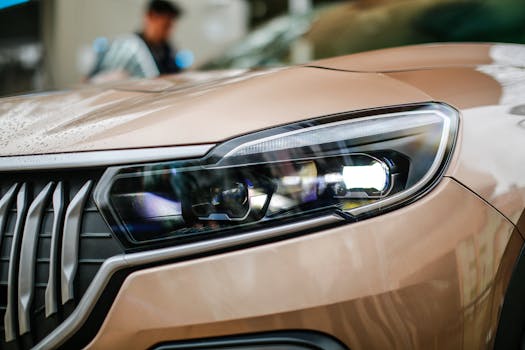
Today’s consumers are more informed and concerned about sustainability. Luxury car buyers are increasingly prioritizing brands that demonstrate a commitment to eco-friendly practices.
Brand Loyalty and Sustainability
Luxury brands that adopt sustainable practices are likely to foster greater brand loyalty. Consumers are willing to invest in brands that align with their values, making sustainability a competitive advantage.
Challenges and Opportunities
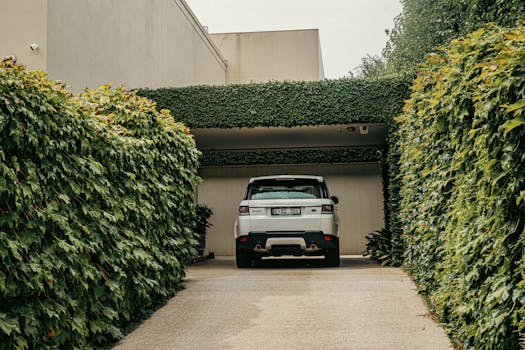
While there are challenges in transitioning to sustainable practices, the opportunities for luxury car brands are immense. By investing in sustainable technologies, brands can enhance their image while contributing to a healthier planet.
Conclusion
Luxury car brands are at the forefront of redefining sustainability in the automotive industry. By integrating eco-friendly practices, they are not only preserving their prestige but also setting an example for the future of luxury.



